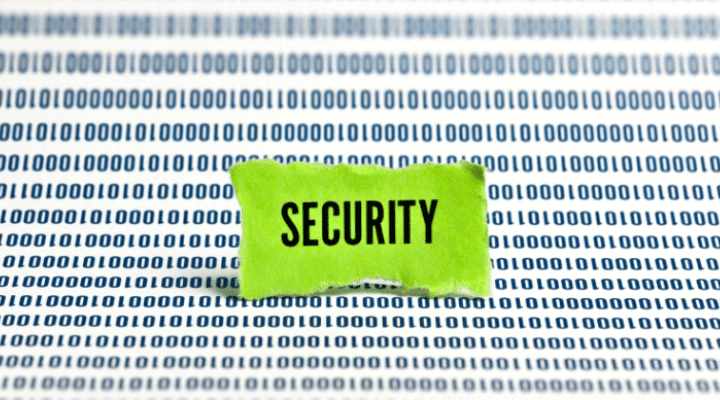If you are reading this article, you most likely are one of the millions of Americans who recently received notification that your personal information – and that of your loved ones – was compromised in the OPM hack.
My wife and I received our letters this week and were comforted to learn that the federal bureaucracy is alive and well. After all, it only took them a year to notify us.
SOLUTION OR Patch?
Frustration aside, the real question we had upon reading our letters was whether OPM’s solution of free identity monitoring was, in fact, a solution. We had good reason for skepticism: the general consensus is that the hack was perpetrated by the Chinese government. Somehow I’m guessing Beijing is more interested in compiling a targeting database for spy recruitment than taking out a car loan in my name.
Even assuming that there is a heightened risk of identity theft, the service OPM is offering is reactive – much like their treatment of IT security in general. I’d rather prevent identity theft in the first place than waste my time cleaning it up after the fact.
So what is a ticked-off OPM hack victim to do?
TAKING MATTERS INTO YOUR OWN HANDS
As it turns out, there is a simple, cheap, and highly effective solution to this problem: placing a security freeze on your credit reports. Simply by sending a letter to each of the three major credit bureaus and paying a nominal fee ($10 in many states), consumers can indefinitely prevent identity thieves from taking out loans in their name or otherwise accessing their credit. This proactive approach prevents problems before they occur and seemingly obviates the need for many of the “identity monitoring” services out there, including OPM’s. Granted, it does require that the consumer temporarily “unfreeze” his or her credit report when applying for credit, but the credit reporting bureaus provide the consumer with a unique security PIN number to use for that purpose at the time the freeze is placed. It’s really not that much of an inconvenience.
Personally, I trust myself to protect my own personal information more than I trust the federal bureaucracy to do so (now more than ever). And, at the risk of being a pessimist, I wouldn’t discount the possibility that OPM’s “identity monitoring service” also gets hacked.
No doubt Beijing is already working on it.
This article is intended as general information only and should not be construed as legal advice. Consult an attorney regarding your specific situation.


